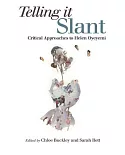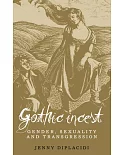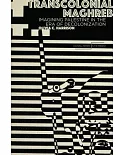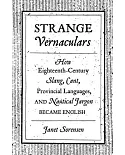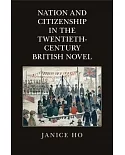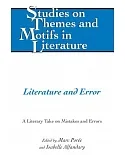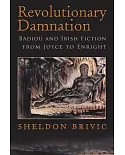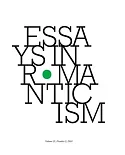The causes of the First World War have been studied and debated for many decades, yet cultural historians of Germany have largely neglected the German-Russian aspect of the conflict for a focus
on the clash of Germany and Great Britain. When they have focused on Germany and Russia, they have too often dismissed the anti-Russian propaganda of the war's first months as a sudden and
opportunistic campaign to justify the war. This intellectual and cultural history gives German attitudes toward and stereotypes of Russia their due, re-examining them through the lens of German
national identity and revealing an evolving obsession with Russia during the quarter-century leading up to the war, when Germany came to consider itself a Western nation, with Russia, to use
Edward Said's terminology, as an Oriental "other." While historians have addressed the issue of an Oriental Russia, this book extends the analysis beyond traditional intellectual history's
focus on cultural elites by studying the construction of Russia in school textbooks, newspapers, and the writings of academics. Drawing upon the work of Said, J�翹rgen Habermas, Sander Gilman,
and Pierre Bourdieu, Troy Paddock demonstrates that public debate on Russia was based on common assumptions, and contends that these assumptions -- which resulted in the ascendancy of a view of
Russia as the "Slavic peril" in the last few years before the war -- were ingrained in the public through education. Troy Paddock is a Professor of History at Southern Connecticut State
University.



